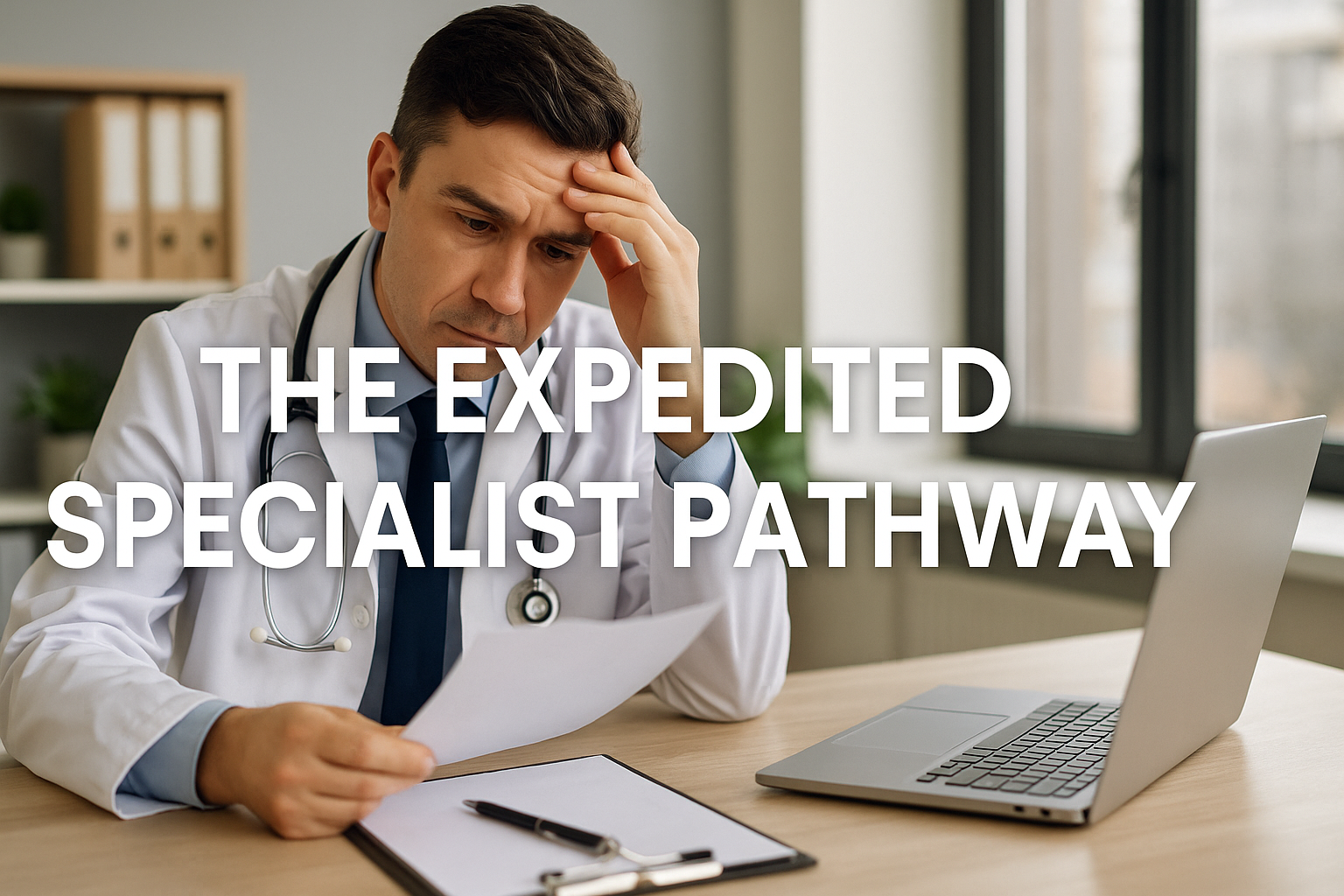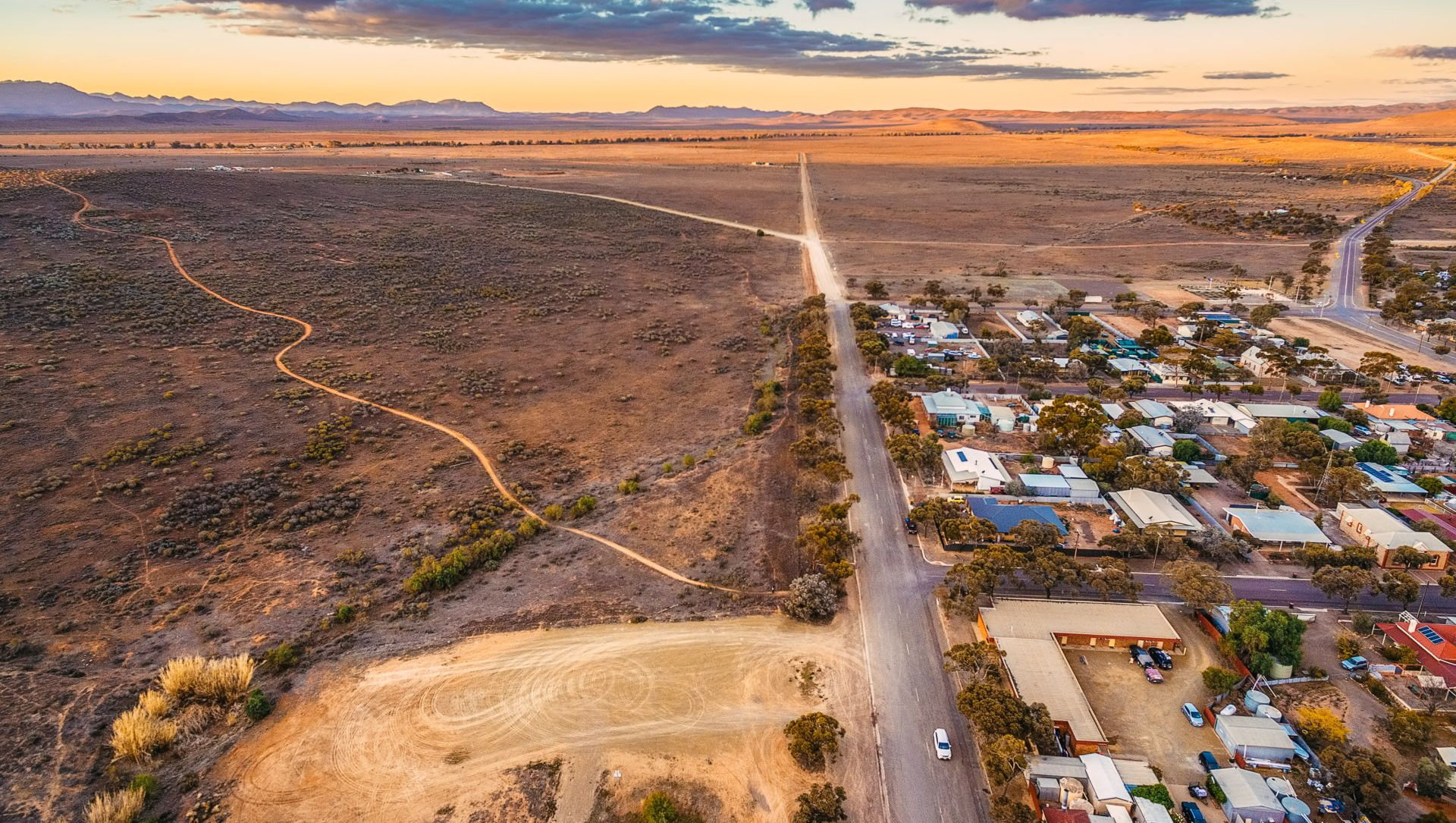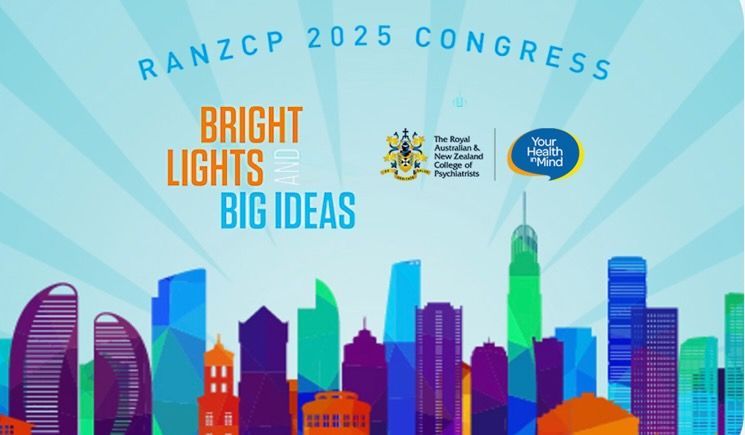Dr Alex’s experience as a Locum GP in Rural NSW
Dr Alex’s Experience as a Locum GP in Rural NSW
I recently undertook a locum Rural GP VMO placement arranged by Chris at Lightning Ridge, Western NSW, for the VMO position.
Lightning Ridge is the wild-west of NSW, with an eclectic case mix of patients in an area renowned for opal mining, sunsets and a simple way of living.
What is Locum Rural GP VMO work like?
The role consisted of working in the local GP clinic, with on-call duties at the hospital and management of patients at the emergency department.
I thought this to be daunting on my first day but the close proximity of clinic and hospital, fantastic practice manager and supportive team at Lightning Ridge, in addition to the Virtual Rural Generalist Team providing clinical support for difficult clinical presentations, made the work as safe and enjoyable as possible.
Yes, whilst there was an on-call component, the system works that VMO's are only required to return to see patients in the ED if they are a category 1 or 2 triage, or complex 3 requiring onsite input, for the 'after-hours' component.
The staff at LR were kind, helpful and worked amazingly as a team to overcome many of the challenges faced when caring for unwell patients in a resource scarce setting.
I felt genuinely included in the team and quickly brought up to speed in the orientation phase, I rate the clinical staff at LR as one of the real reasons the experience was so enjoyable.
With the exception of one emergency presentation of a neonatal resuscitation requiring NETS transfer, which was a heart-mouth-experience to say the least, I found the workload and on-call to be manageable, incredibly satisfying and most nights I didn't have any on-call presentations past 10pm, but can only speak of my experience.
Accommodation was nearby to the hospital, clean and tidy. The drive to the location was stunning and covered many changing landscapes of rural and remote NSW, and was a memorable experience unto itself.
Would you do it again?
Overall, I thoroughly enjoyed my time at Lightning Ridge in the GP VMO role, based on the wide rage of exciting medical presentation in the acute and chronic settings, fantastic local team, and opportunity to deliver high quality healthcare to a population that battles with many challenges of being remote and far from the type of health resources many of us take for granted.
I am extremely grateful to Chris who arranged and negotiated the position for me, and was invaluable throughout my time in answering my questions and supporting my experience in ensuring a safe time on the placement.
When I decided I wanted to extend my placement a further week, Chris seamlessly handled the negotiation of the time, safe rostering and great remuneration rate, so I could focus on delivering quality work and enjoying my clinical experience.
I am excited to continue working with Chris for my next locum adventure, and will make Lighting Ridge a regular stop on my itinerary.










